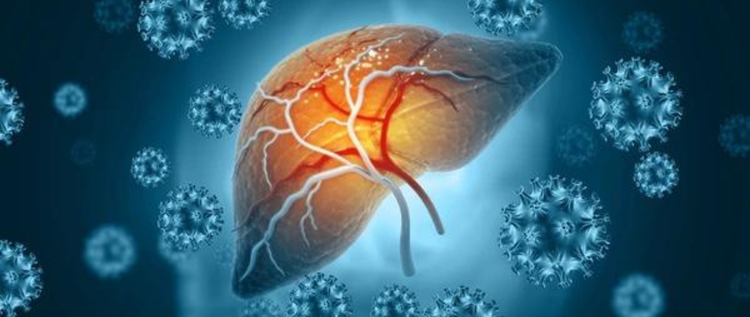
What is Alcoholic Liver Disease?
Alcoholic liver disease (ALD) encompasses a spectrum of liver conditions caused by excessive and prolonged alcohol consumption. It ranges from fatty liver (steatosis) to more severe conditions such as alcoholic hepatitis and cirrhosis.
Causes of Alcoholic Liver Disease:
-
Alcohol Consumption: Chronic and excessive alcohol intake is the primary cause of ALD. The liver metabolizes alcohol, and prolonged exposure can lead to inflammation, scarring (fibrosis), and liver damage.
-
Genetic Factors: Some individuals may be more susceptible to ALD due to genetic variations affecting alcohol metabolism and liver function.
-
Nutritional Deficiencies: Heavy drinkers often have poor diets, leading to deficiencies in essential nutrients that are crucial for liver health.
Symptoms of Alcoholic Liver Disease:
-
Fatty Liver (Steatosis): Often asymptomatic in early stages but may present with fatigue and mild discomfort in the abdomen.
-
Alcoholic Hepatitis: Symptoms may include jaundice (yellowing of the skin and eyes), abdominal pain, nausea, vomiting, fever, and liver enlargement.
-
Cirrhosis: Advanced stage characterized by symptoms such as fluid retention (edema), easy bruising or bleeding, confusion, and liver failure.
Diagnosis and Management:
-
Medical History and Physical Exam: Evaluating symptoms and alcohol consumption history.
-
Blood Tests: Assessing liver function and checking for elevated liver enzymes and markers of inflammation.
-
Imaging Studies: Ultrasound, CT scans, or MRI to visualize liver structure and assess for fatty liver or cirrhosis.
-
Liver Biopsy: Sometimes performed to confirm the diagnosis and evaluate the extent of liver damage.
Management of Alcoholic Liver Disease:
-
Cessation of Alcohol Consumption: The most critical step in managing ALD is complete abstinence from alcohol to halt further liver damage and allow for potential recovery.
-
Nutritional Support: Ensuring adequate nutrition with a balanced diet rich in vitamins and minerals to support liver function and repair.
-
Medications: Depending on the severity of ALD, medications may be prescribed to manage symptoms, reduce inflammation, or address complications such as fluid retention.
-
Supportive Care: Addressing complications such as hepatic encephalopathy (confusion due to liver dysfunction) with medications and dietary adjustments.
Prevention:
-
Education and Awareness: Promoting awareness of the risks associated with excessive alcohol consumption.
-
Moderation: Encouraging moderate alcohol intake or abstinence to prevent the onset and progression of ALD.
-
Regular Medical Check-ups: Monitoring liver function through routine screenings for early detection and intervention.
Conclusion:
Alcoholic liver disease is a serious condition that requires early recognition and proactive management. Understanding its causes, recognizing symptoms, and implementing lifestyle changes are crucial steps in preventing and managing ALD effectively.
For personalized guidance and expert care, consult Dr. Ashish Kumar Jha, a dedicated healthcare professional committed to liver health and well-being.
